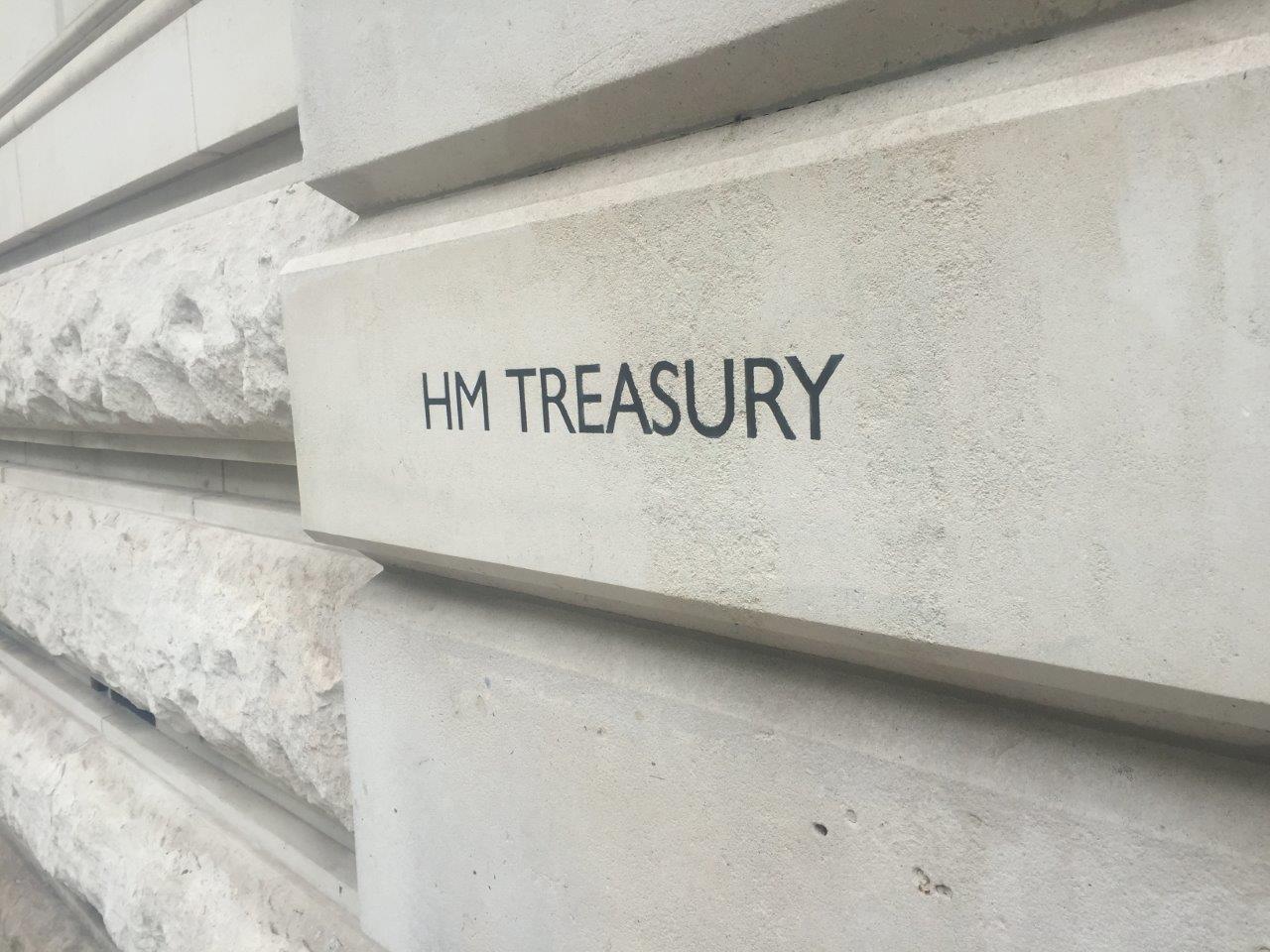
In 2024, the four UK screen sector tax credits for film, high-end TV, children’s TV and animation, were modernised and combined into a single tax system, the Audio Visual Expenditure Credit or AVEC. There are however separate rules for the four sectors served by the AVEC.
There is no annual cap on the total funds available and the scheme does not have a “sunset” date. There is no upper limit for the size of production budgets. The expenditure must be for goods or services used or consumed in the UK.
The new AVEC, unlike the previous reliefs, is taxable at the main rate of Corporation Tax (25%). The headline gross rates of rebate have been increased to give equivalent, or better value after tax than the UK’s original screen sector tax credits.
For qualifying Films or High End TV projects, the Film Production Company (FPC) or TV Production Company (TPC) can claim a cash rebate of 34% gross on eligable UK core expenditure. This equates to 25.5% net after tax.
Foe Children’s TV and Animation, the rate of rebate has been increased to 39% gross on UK qualifying expenditure, which equates to 29.25% after tax. Previously the animation relief was just for TV productions, and feature animations claimed via the film tax relief. Now both film and TV animation can claim at 29.25% net after tax.
In April 2024, the government announced the introduction of additional relief for limited budget films, informally known as the Indie Film Tax Credit (IFTC), allthough the relief is not limited to independent films. The rate of relief on films with core production expenditure of less than £23.5 million has been increased to up to 53% which equates to 39.75% net after tax. Above £15 million core expenditure, the relief is tapered until it effectively reaches the same 25.5% net value as the standard AVEC for production expenditure of £23.5 million.
The tax relief is capped at either 80% of the global core production expenditure, or your UK core production spend, whichever is the least.
In the 2024 Autumn Budget, it was confirmed that from January 1st 2025, the 80% cap restriction on spend eligible for the UK film and HETV tax credits would be removed for the VFX spend only, and that the rate of rebate for VFX would increased to 29.25% net after tax. The VFX exemption and uplift cannot be combined with the additional relief for limited budget films, or the animation uplift.
To qualify for Film or High End TV , projects must:
- Have a minimum 10% of core expenditure spent in the UK.
- Have one FPC (Film Production Company) or TPC (Television Production Company) registered as a UK Limited Company with Companies House and set up before shooting begins.
- The FPC/TPC must be responsible for all activity from pre-production through to completion.
- The production must qualify as British via the Cultural Test or be an official co-production
To access the Film Relief, there must be an intention for theatrical release
To access the HETV Relief for scripted televsion projects, the minimum core expenditure must be at least £1million per broadcast hour (shorter episodes can qualify if commisioned together as a series and the total spend per broadcast hour exceeds £1million)
To access the animation relief, at least 51% of the production cost must relate to animation.
A little known feature of the UK tax reliefs is the ability to claim for pro-rated neutral costs in addition to the direct UK spend. Qualifying neutral costs which are spread throughout the production such as senior producers, writers, directors, and insurances may be claimed in proportion to the actual activity in the UK (e.g. if direct UK qualifying costs make up say 22% of the budget, then 22% of the neutral costs will also qualify for UK Tax relief. By claiming pro-rated neutral costs in addition to the direct UK spend, the perceived tax relief rate on direct UK spend is raised above 25% and may even reach 30% depending on the production’s above-the-line costs. Note that the pro-rated neutral costs may also be used to lift the production above the minimum 10% threshold required to qualify for the relief.
It is also possible to claim contingient compensation costs for above the line talent for their work in the UK. When these costs are incurred they can be the subject of further claims for the rebate.
How a project can qualify as British
A project can qualify as British by passing the cultural test, or as an official co-production.
The UK has film co-production agreements with Australia, Canada, China, France, India, Israel, Jamaica, Morocco, New Zealand, Occupied Palestinian Territories, and South Africa. Of these, Australia, Canada, New Zealand, Israel and the Occupied Palestinian Territories also allow for television programmes.
The UK is also a signatory to the European Convention on Cinematographic Co-production.
The cultural test is a points-based test where the project needs 18 of a possible 35 points to pass. It comprises four sections:
Section A – Cultural content | ||
|---|---|---|
| A1 | Set in the UK or EEA | 4 Points |
| A2 | Lead characters British or EEA citizens or residents | 4 Points |
| A3 | Film based on British or EEA subject matter or underlying material | 4 points |
| A4 | Original dialogue recorded mainly in English language or UK indiginious language or EEA language | 6 Points |
Section B – Cultural contribution | ||
| B | Film demonstrates British creativity, British heritage and/or diversity | 4 Points |
Section C – Cultural hubs | ||
| C1(a) | At least 50% of the principal photography or SFX takes place in the UK | 2 points |
| C1(b) | At least 50% of the VFX takes place in the UK | 2 points |
| C1(c) | An extra 2 points can be awarded if at least 80% of the principal photography or VFX or SFX takes place in the UK | 2 points |
| C2 | Music recording/audio post-production/picture-post production | 1 point |
Section D – Cultural practitioners (UK or EEA citizens or residents) | ||
| D1 | Director | 1 point |
| D2 | Scriptwriter | 1 point |
| D3 | Producer | 1 point |
| D4 | Composer | 1 point |
| D5 | Lead actors | 1 point |
| D6 | Majority of the cast | 1 point |
| D7 | Key staff (lead cinematographer, lead production designer, lead costume esigner, lead editor, lead sound designer, lead visual effects supervisor, lead hair and makeup supervisor | 1 point |
| D8 | Majority of the crew | 1 point |
| Total | 35 points | |
The cultural test is adminstered by the BFI’s Certification Unit who manage the application process as well as giving useful advise to productions on how to pass the test.
Applicants can apply for interim certification at any point before or during production. Interim certification is essential if you wish to claim tax relief during production. A final application is then submitted once the project is complete.
Further information on AVEC can be obtained from the British Film Commission







